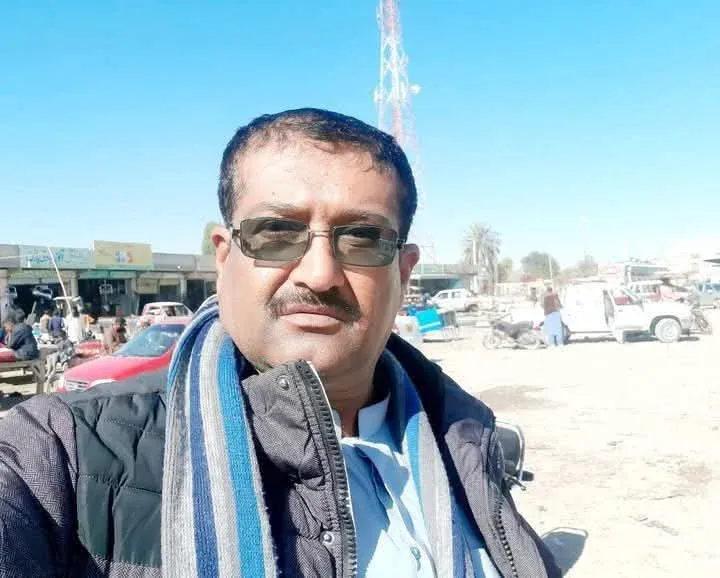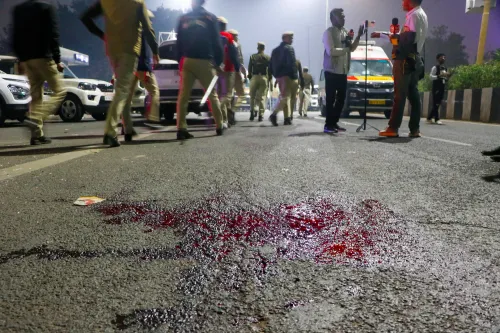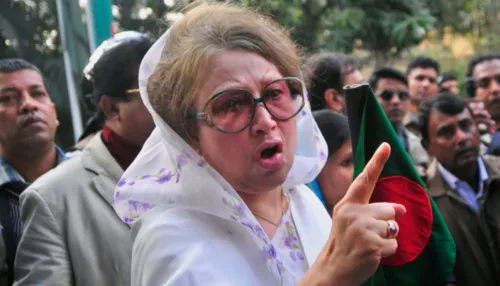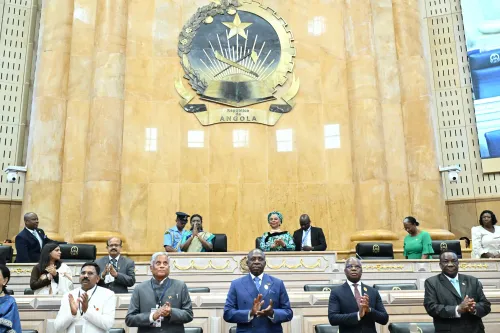Is Pakistan's 'kill and dump' policy claiming yet another life?

Synopsis
Key Takeaways
- Abdul Latif Baloch was murdered in his home, a victim of state violence.
- The 'kill and dump' policy targets dissenters in Balochistan.
- Families of victims are often subjected to the same fate.
- International pressure is essential to combat these human rights abuses.
- The situation in Balochistan is at a critical humanitarian tipping point.
Quetta, May 24 (NationPress) Abdul Latif Baloch, a well-known Baloch journalist, has tragically fallen victim to Pakistan's infamous "kill and dump" strategy in Balochistan. He was brutally shot in front of his wife and children within the confines of his home in Mashkay, a tehsil of Awaran district in Balochistan province, by state-supported death squads on Saturday.
Beyond his role as a journalist, Abdul Latif was seen as a beacon for the oppressed, chronicling Baloch struggles, resilience, and despair in a region where expressing the truth can lead to fatal consequences. His courageous reporting made him a target for a state that equates journalism with betrayal.
Experts believe his murder is part of a larger pattern—an ongoing genocidal campaign by Pakistan to eliminate Baloch identity and silence dissenters through their "kill and dump" operations.
Earlier this year, Abdul Latif's son, Saif Baloch, along with seven other family members, was forcibly disappeared by security forces and subsequently killed, highlighting the chilling reality that entire families are at risk.
The rising tide of enforced disappearances and targeted killings in Balochistan is alarming. Recently, the murders of Younus Rasool and Sajid Baloch have once again underscored the pervasive violence perpetrated by the state.
On May 17, Younus Rasool, a resident of Malar Bangul Bazar in Awaran district, was forcibly taken during a midnight raid by Pakistani military. His family faced torture and intimidation at the hands of Frontier Corps (FC) and local death squads. His disfigured body was discovered the following day.
Shortly thereafter, another victim, Sajid Baloch, son of Nasir Baloch from Gushanag Kolwah, also went missing under similar circumstances, only to have his abused body later discovered discarded by the roadside—another grim representation of Pakistan’s "kill-and-dump" approach.
"These incidents are not isolated. The Pakistani government has adopted a severe policy of suppression, ignoring constitutional rights and human dignity. Under the guise of security, Baloch lives are being systematically extinguished. This situation has reached a critical humanitarian crisis," commented a Baloch activist.
The Baloch Yakjehti Committee (BYC) has called for immediate international scrutiny and urged the United Nations, global media, and press freedom advocates to break their silence and intervene against these violations of human rights in Balochistan, emphasizing that the lives of Baloch civilians, students, laborers, activists, and children are under imminent threat from an unchecked state terror campaign.









